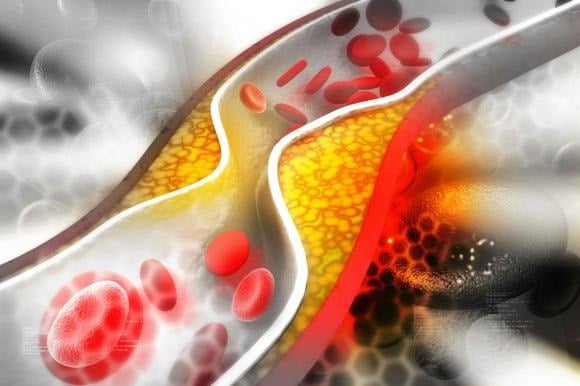The Surprising Truth About Egg Yolks – Debunking Long-Standing Misconceptions
Among the myriad of misconceptions surrounding chicken eggs and health, one of the most pervasive myths is that egg yolks are high in cholesterol, and consuming too many of them will lead to high cholesterol and, subsequently, high blood lipid levels.
However, this statement is not entirely accurate. While the 1977 US Dietary Guidelines did recommend that adults limit their daily cholesterol intake to no more than 300 mg, which is roughly the amount of cholesterol in two eggs, this does not imply that eating eggs is detrimental to health.
This rumor can be traced back to an experiment conducted in 1913, where scientists tested the effects of a high-cholesterol diet on rabbits. They found that the rabbits developed atherosclerosis, a hardening of the arteries. However, the experiment was not entirely valid as rabbits are herbivores, and their physiology cannot be directly compared to that of humans. Additionally, the sudden introduction of a large amount of cholesterol into the rabbits’ diet would naturally have harmful effects.

In reality, a significant study published in 1999 by a Harvard University professor in the Journal of the American Medical Association revealed that after examining the relationship between dietary patterns and heart disease in 120,000 people, there was no strong evidence to suggest that egg consumption leads to heart disease.
Furthermore, another study published in 2013 in the British Medical Journal, which surveyed the dietary patterns of 3.08 million people, found no association between egg consumption and atherosclerosis or heart disease.
More precisely, when we consume cholesterol-containing foods, our bodies absorb and process them through the digestive system, utilizing only the beneficial substances to synthesize essential nutrients. Interestingly, regardless of our dietary intake, our bodies naturally produce cholesterol—approximately 1000-2000 mg per day—without relying on cholesterol from food sources.

Hence, eating eggs does not directly cause high cholesterol levels in the blood; it is the body’s natural cholesterol synthesis process. A healthy body will self-regulate this balance without concern over egg consumption.
For instance, let’s consider an adult weighing approximately 140 pounds (around 63.5 kg). Their body will typically contain about 140 grams of cholesterol, and it will update this cholesterol level by about 1 gram per day. Of this, about four-fifths of cholesterol is produced directly by the body, with only one-fifth derived from food sources. Moreover, the absorption rate of cholesterol from food is limited to around 30%.
The higher the cholesterol content in our food, the lower the absorption rate by our bodies. This indicates that our bodies excel at cholesterol regulation: when we consume large amounts of cholesterol from food, our bodies automatically produce less, and any excess cholesterol is excreted through our feces. This explains why a healthy adult can consume up to five eggs per day without necessarily experiencing elevated blood cholesterol levels.
Additionally, we should view cholesterol from a holistic perspective. Cholesterol plays an incredibly important role in our bodies, not only in the formation of bile acids but also as a primary component of cell membranes (cholesterol accounts for 20% of membrane lipid content). It is also involved in hormone synthesis.
If serum cholesterol levels drop too low, the body may encounter issues such as impaired immune function and weakened blood vessels.
Therefore, the claim that consuming egg yolks leads to high cholesterol is indeed a fallacy. However, this does not mean that we can consume eggs without moderation. While eggs are highly nutritious, overeating them over an extended period can lead to obesity. Thus, the recommended intake is about 1-2 eggs per day to maintain optimal health.



































